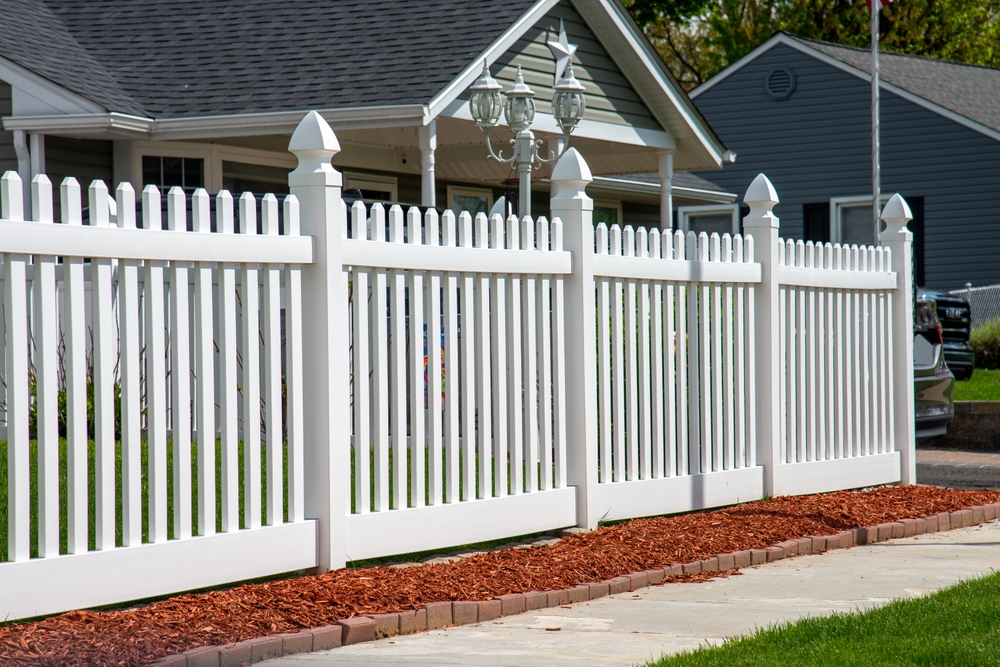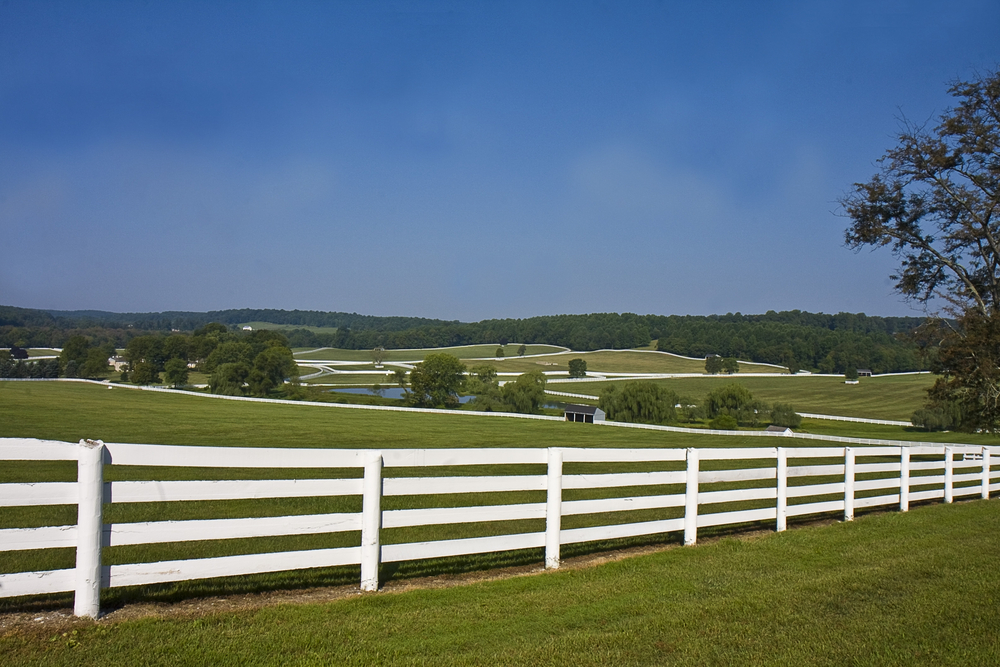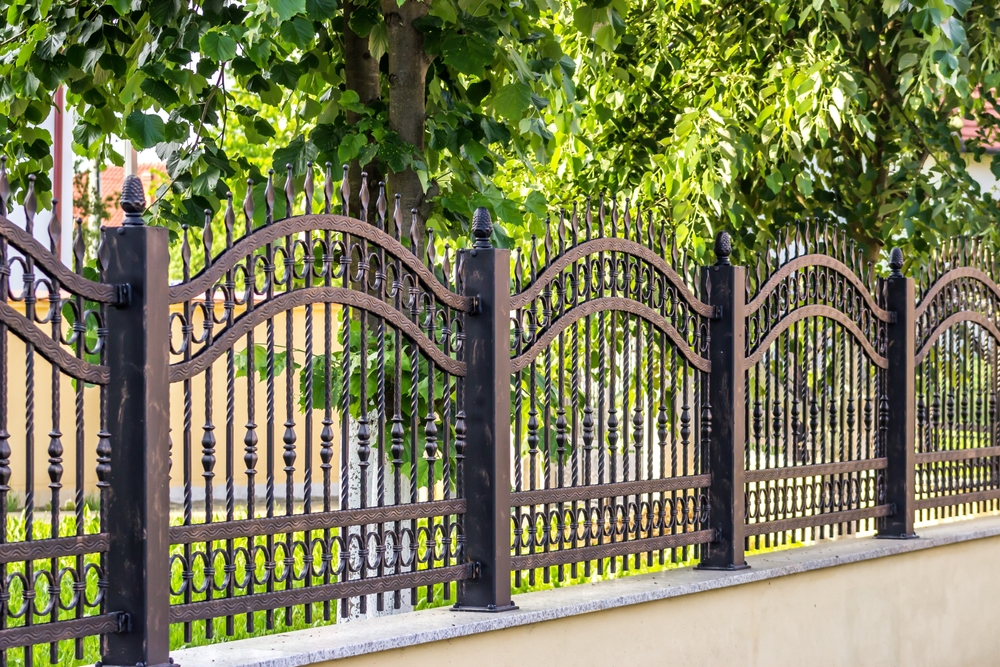Vinyl fences are not susceptible to rot in the same way that wood fences are. Vinyl is a synthetic material made from polyvinyl chloride (PVC), and it is inherently resistant to moisture, decay, and rot. This resistance to rot is one of the key advantages of vinyl fencing. Unlike wood, vinyl does not absorb water, so it won’t swell, warp, or rot when exposed to moisture.
However, while vinyl fences are highly resistant to rot, they are not entirely maintenance-free. Here are a few things to keep in mind:
- Cleaning: Vinyl fences may accumulate dirt, mold, mildew, or algae over time, especially if they are located in a damp or shaded area. Regular cleaning with soap and water or a mild detergent is usually sufficient to keep the fence looking its best.
- UV Exposure: Prolonged exposure to strong sunlight and UV rays can cause vinyl to fade or become discolored over time. Some vinyl fences come with UV-resistant coatings to mitigate this issue, but it’s a good idea to inquire about the UV resistance of the vinyl when purchasing a fence.
- Impacts and Damage: While vinyl is durable, it can be damaged by strong impacts, such as from falling branches or heavy objects. Repairing vinyl fences typically involves replacing damaged sections.
- Extreme Temperatures: In extreme cold temperatures, vinyl can become more brittle, making it more susceptible to cracking or breaking if subjected to significant force.
Overall, vinyl fencing is a low-maintenance and long-lasting option for those seeking a fence that is resistant to rot and decay. It is important to follow the manufacturer’s maintenance recommendations and perform any necessary upkeep to ensure the longevity and appearance of your vinyl fence.



